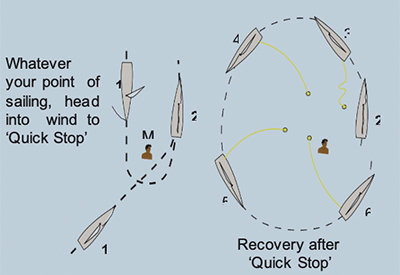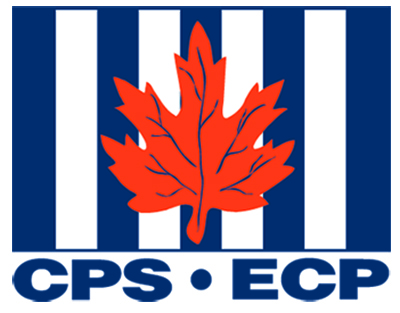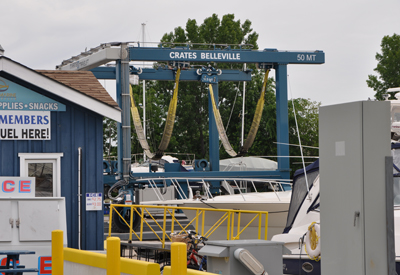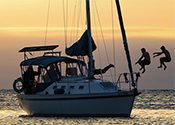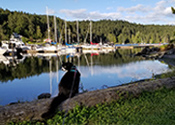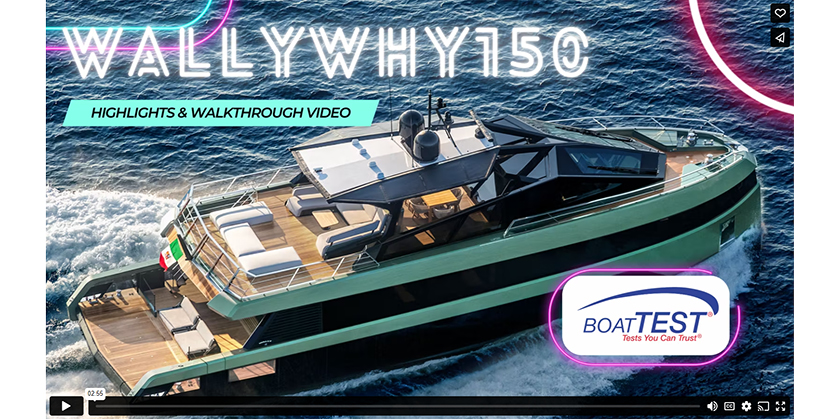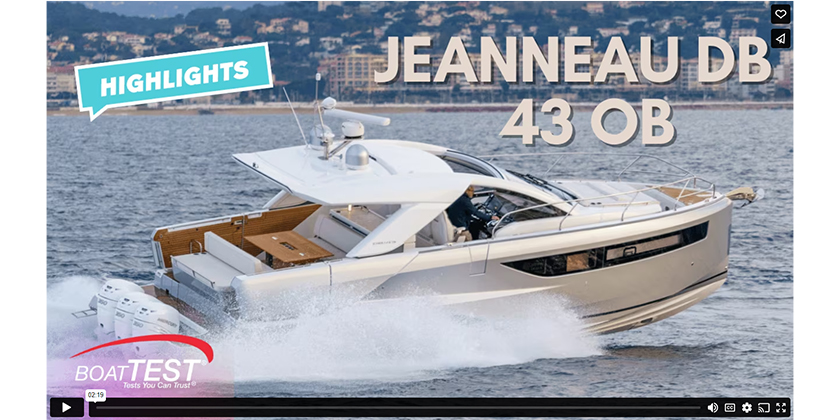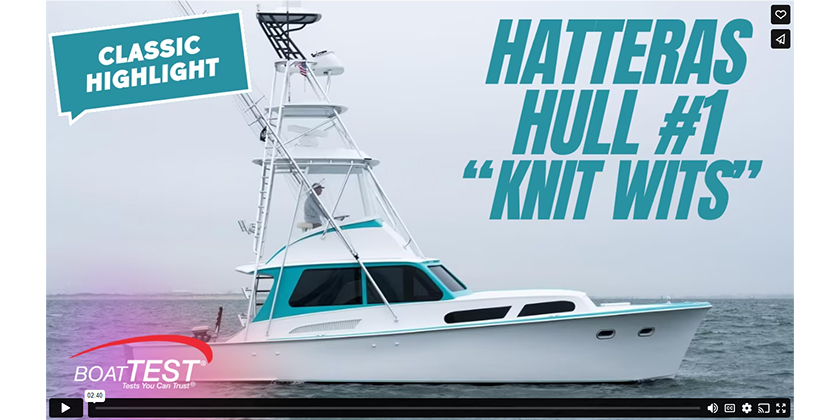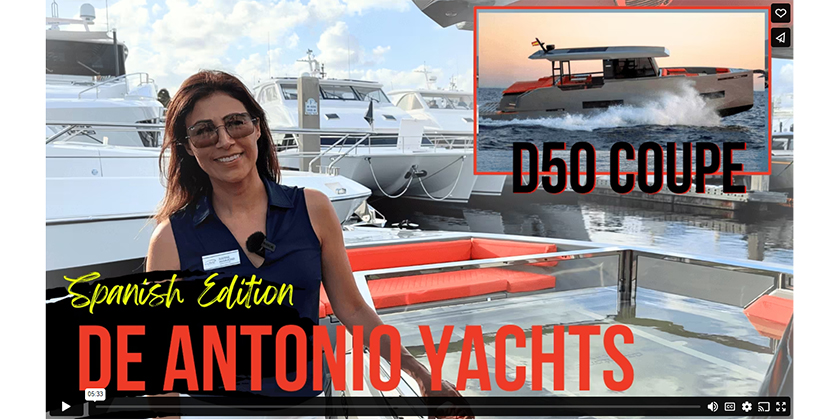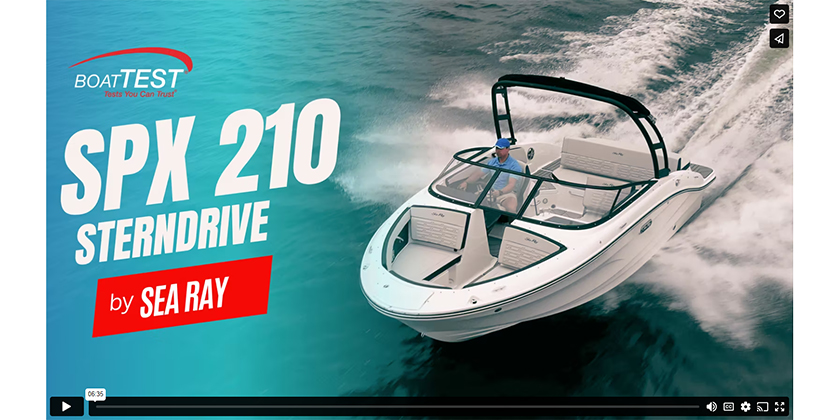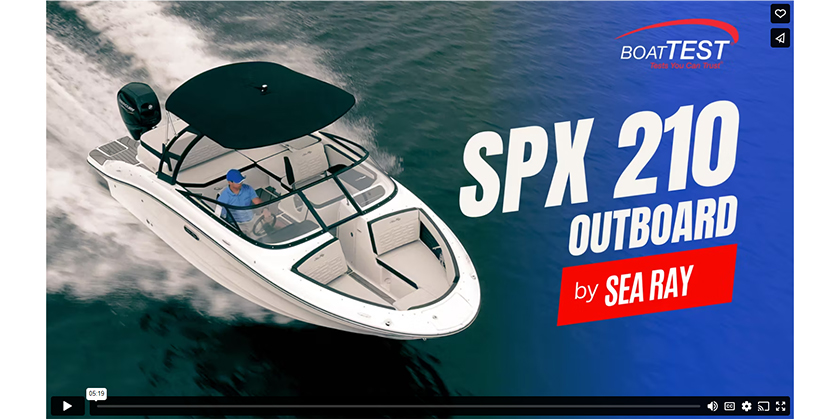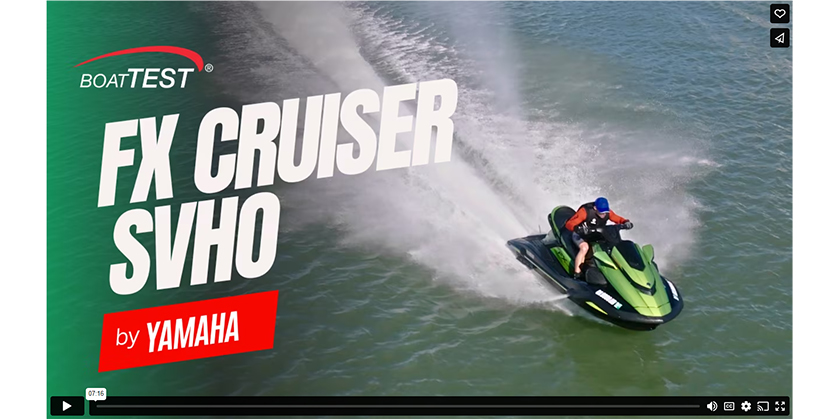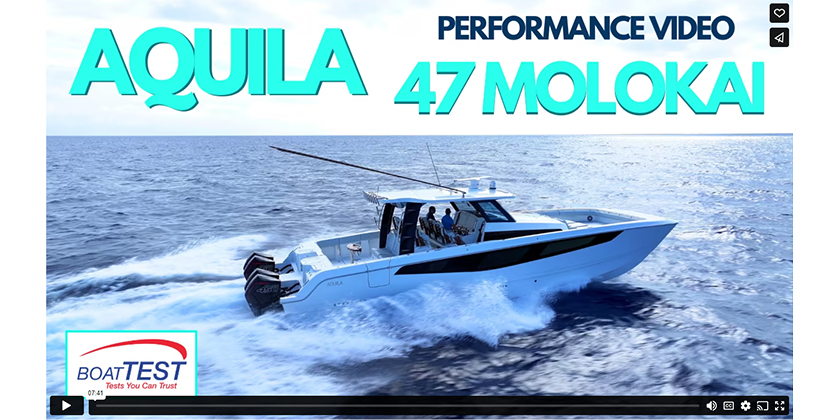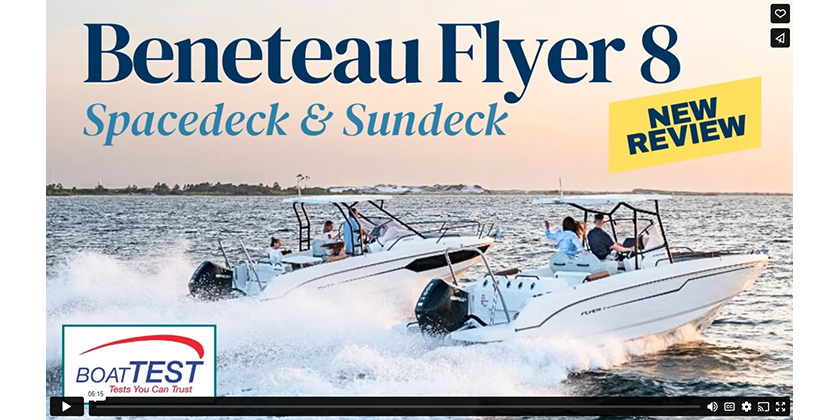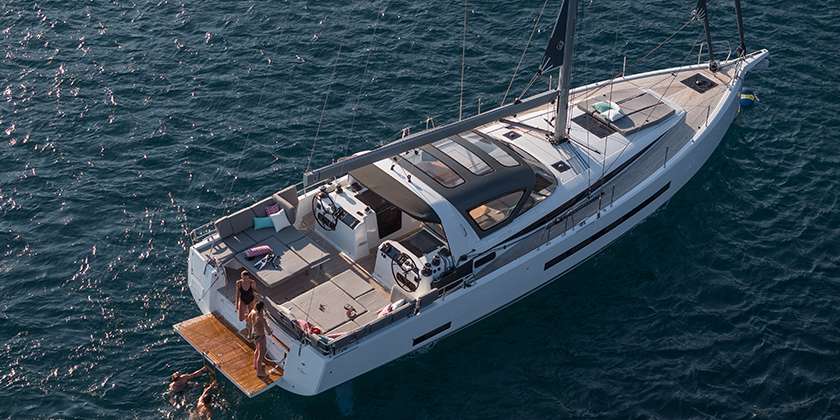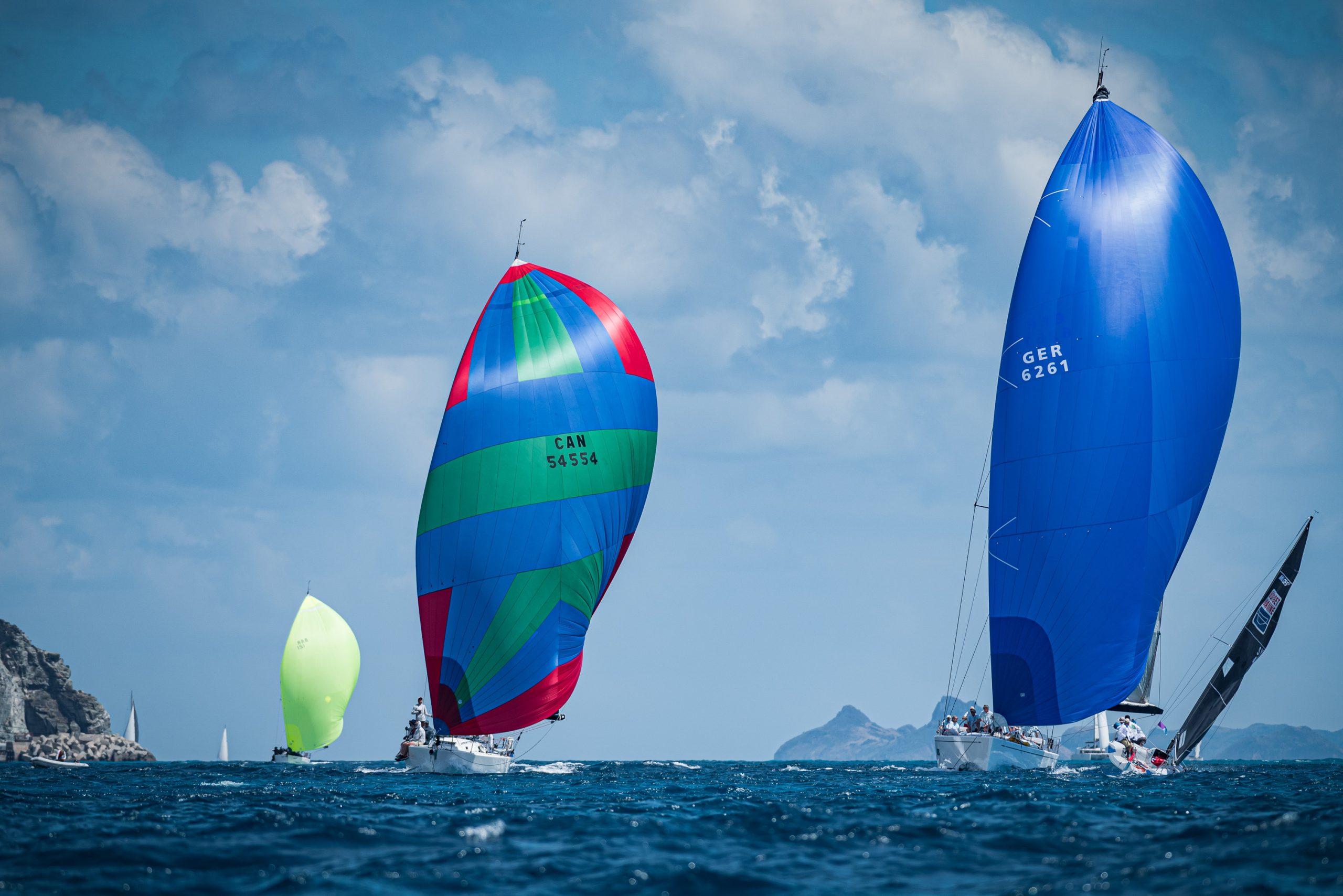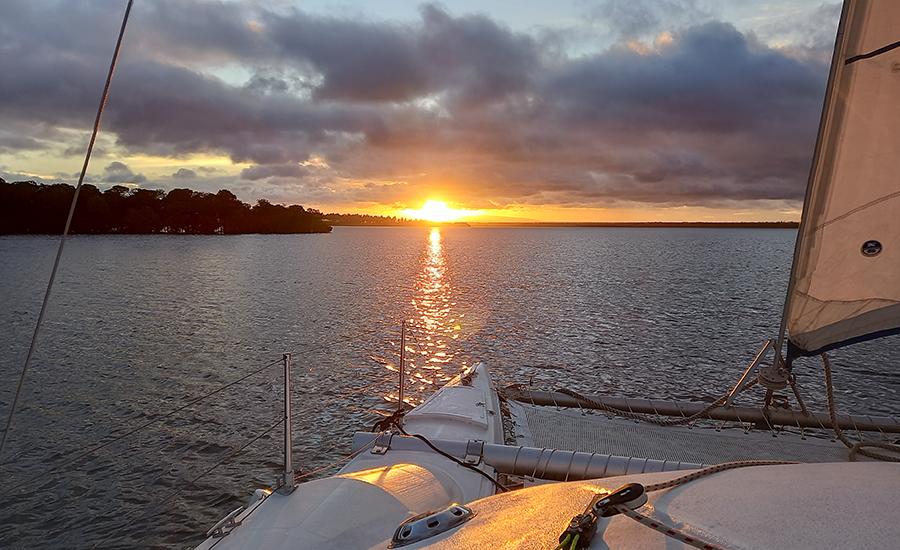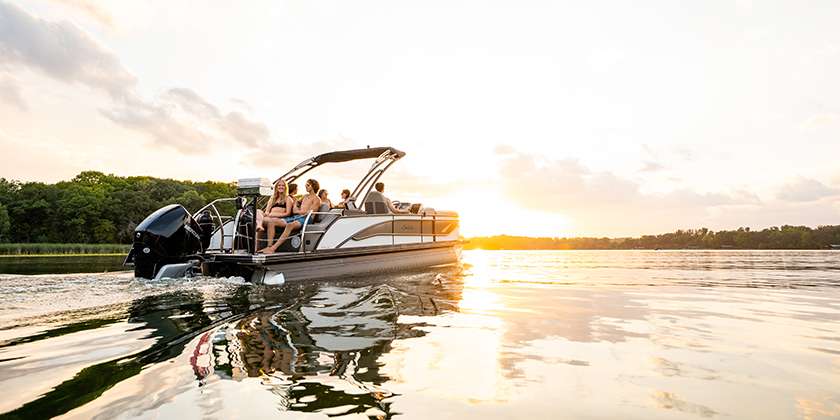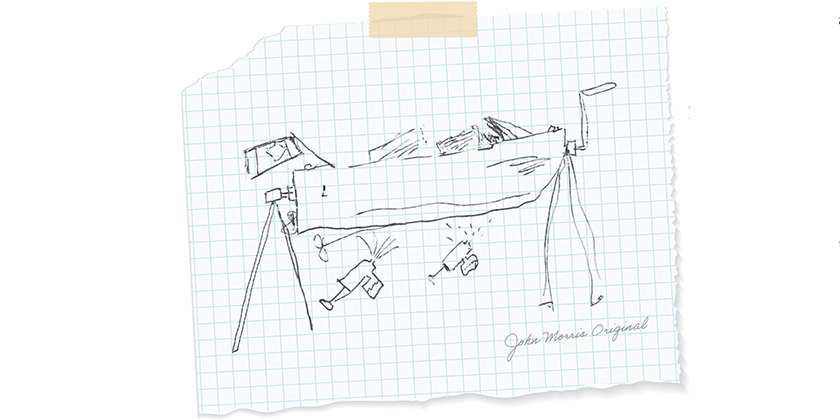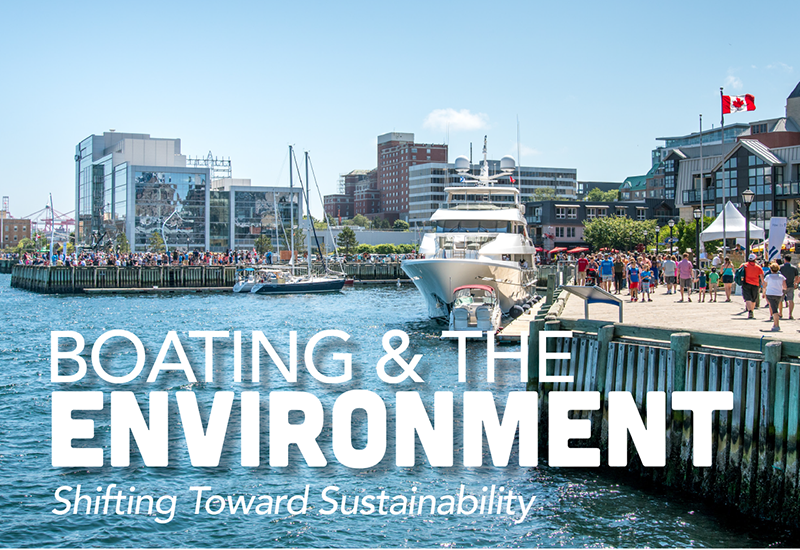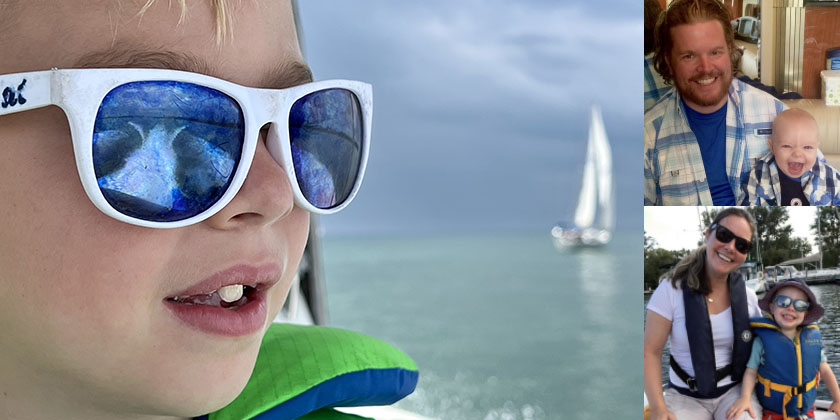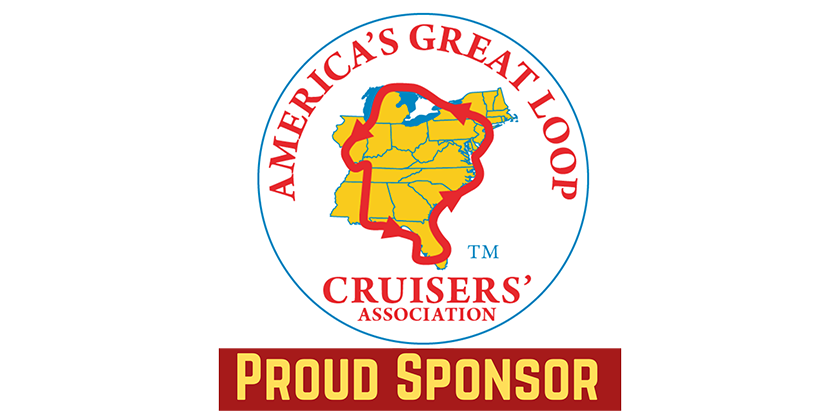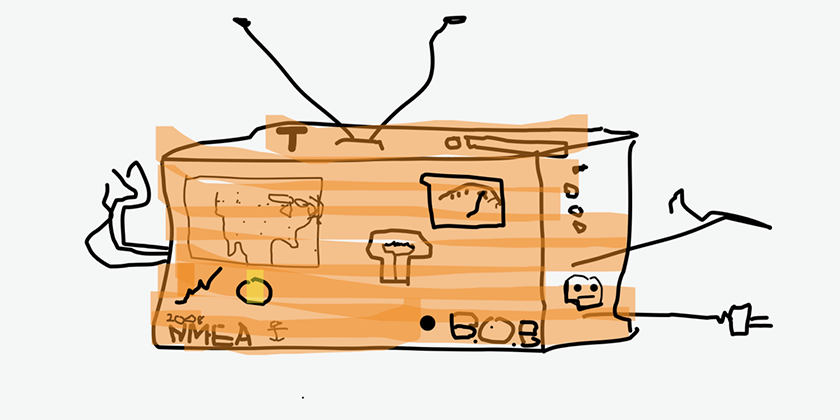Seamanship – Knowledge Is Power
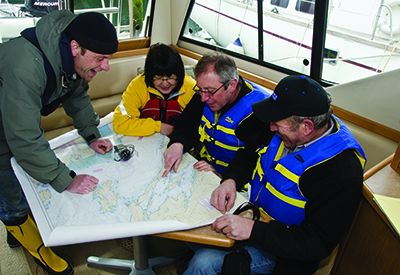
By Andy Adams
We’ve all heard this before but it’s especially true when it comes to boating– knowledge is power. It is the power to confidently take your boat out with a load of passengers, go on longer trips, into unfamiliar waters, or even to navigate on your own to distant ports – that is the power of knowledge. The Canadian Power and Sail Squadrons, (CPS-ECP) offers a wide range of courses from introductory level to advanced and everything in between.
Always focused on boating safety, the Canadian Power and Sail Squadrons, (CPS-ECP) have been empowering recreational boaters with knowledge for more than 75 years in Canada. Most of their courses are offered through the off-season when Power Squadron members themselves are unable to be out on their own boats. CPS-ECP members volunteer their own time to teach Power Squadron courses, so off-season is best. Many courses begin early in the New Year. You are just at the right time of year to sign up for a CPS-ECP course and anyone is welcome. You don’t have to be a CPS-ECP member.
There are two basic types of courses offered by the Canadian Power and Sail Squadrons; Required Certification courses as established by Transport Canada and Industry Canada and then Elective Courses for those wishing to increase their skills and knowledge.
Required Certification Courses
Boating 1: Boating Basics (Pleasure Craft Operator Card – PCOC)
All operators of motorised pleasure craft are required to show proof of operator competency. Everything you need to know for the Transport Canada test is presented in an easy-to-read format that is both informative and entertaining. You can be confident that the Power Squadrons’ study guide meets all the standards established by Transport Canada’s Office of Boating Safety.
As an extra benefit, when you pass the test offered by CPS-ECP, your PCOC is recognised by both Transport Canada and the National Association of State Boating Law Administrators in the United States. Contact CPS-ECP to locate a testing facility in your area.
The Boating Basics courses are available in English, French and Cantonese (in select locations) and also online in English and French.
PCOC for Youth (The Operator Card Seminar, ages 8 – 12)
Anyone in a boat should know how to take the wheel. The approved Boating Basics Handbook and the Student Workbook prepare youth aged 8 to 12 for the Pleasure Craft Operator Card (PCOC) exam. The Student Workbook is full of activities to assist children in learning the material found in the Boating Basics Handbook.
Maritime Radio (Restricted Operator’s Certificate [Maritime])
Radio didn’t die with the creation of the cellphone! Maritime radio (VHF) is a great way to connect to information and assistance from your location on the water. 911 doesn’t work the same way on the water and who in your contact list would really be able to help you anyway? Should you have an on-the-water emergency, a MAYDAY call on the radio can connect you immediately to local assistance and may even give you a chance to be a hero.
If you have a maritime radio on your boat, anyone on board using it must have a Restricted Operator’s Certificate [Maritime], (ROC[M]) so this course can be a family affair! In addition to emergency radio procedures, you’ll discover the advantages of everyday operating techniques; the many uses of maritime radios, choice of frequencies, operation, phonetic alphabet, procedural words and phrases, as well as Digital Selective Calling and the Global Maritime Distress and Safety System (DSC/GMDSS).
This course is offered in classroom or through self-study. The complete package with CD will prepare you for the ROC (M) with DSC endorsement exam. (Exam must be taken in person)
Maritime Radio (DSC Update)
This seminar is for holders of Restricted Operator’s Certificate [Maritime], (ROC[M]) issued before January 1, 2005. Learn about the new digital communication channels offered on new VHF maritime radios and their use in an emergency situation. Digital Selective Calling could save your life.
Elective Courses – Expand Your Knowledge
The Canadian Power and Sail Squadrons, (CPS-ECP) offers a series of courses that build on the basic courses required by law all the way up to the knowledge a boater would need to cross the ocean. Generations of CPS-ECP volunteers have been sharing their experience with new and seasoned boaters, helping them prepare for both everyday and emergency situations.
The courses are arranged to conveniently enable you to build on your boating knowledge. The following is a list of courses in the CPS-ECP boating series which are generally offered in a classroom setting. You can take these either for your own interest, or you can take a testing component if you wish to have proof of proficiency. Some segments and topics are presented in seminars or even online.
Check www.boatingcourses.ca to find out what’s happening near you:
Boating 1: Boating Basics (PCOC)
Boating 2: Beyond the PCOC
Boating 3: Introduction to Navigation
Boating 4: Seamanship
Boating 5: Advanced Piloting
Boating 6: Junior Navigator (Part I of Offshore Navigation Program)
Boating 7: Global Navigation (Part II of Offshore Navigation Program)
Boating Essentials (Boating 1 and Boating 2)
Boating Essentials will take you to the next level in your boating education. Technology has changed the way we navigate but in order to use a GPS or Chart plotter effectively, you should understand the use of paper charts and coastal navigation. Boating Essentials greatly increases your knowledge over PCOC and is the foundation course leading to higher levels.
Boating 3: Introduction to Navigation
The third course in the CPS-ECP Boating series explores navigation further, learning how to plot and label on paper charts, what the skipper should be doing before setting out, how to handle a boat under sail and far more, including optional topics that could be offered depending on your personal interests. These include tides and currents, canals and locks and collision regulations.
Sailing
If you want to learn more about sailing the Power Squadrons have a course that covers different sail rigs, sail plans and hull types, sailing at different points of sail, handling heavy weather and storms, and far more.
Boating 4: Seamanship
In the earlier Power Squadron courses you learned what to expect and how to plan for it. Seamanship helps you prepare for the unexpected emergencies including adverse weather, medical emergencies, knot splicing and more.
Boating 5: Advanced Piloting
Canadian Yachting readers know that we frequently publish stories of our readers who have chartered a boat in the Caribbean or even sailed their own boat down south. If you already have the foundation skills from Boating 2 and Boating 3, Advanced Piloting is the next step.
Boating 6: Junior Navigator (Part I of Offshore Navigation Program)
The number of individuals who sail their own boat all way across the ocean is actually quite surprising. We learned of one gentleman who was in his 80s before he decided to discontinue his annual summer trip from Canada to England, single-handing his own 29 footer! Junior Navigator is a course you should take in preparation for any significant voyage out of sight of land.
Boating 7: (Part II of Offshore Navigation Program)
This is the second of two courses in the Offshore Navigation program for the recreational boater. While new electronic navigation equipment is important, the art and science of celestial navigation is still a valuable asset as well as something you might enjoy for its own sake.
Courses of General Interest For Boaters
The Power Squadrons recently reached out to boaters asking what information they wanted and the following are new courses that anyone might find interesting.
On The Water: Boat Handling
Once you have your PCOC, this course will put you in an actual boat on the water and our instructors will show you how to manoeuvre a boat in close quarters, leave and return to the dock and properly anchor a boat. Come with just your PCOC and Power Squadron volunteers will introduce you to handling a boat on your own.
Electronic Navigation
GPS technology provides additional safety and can help make navigating much easier. This program will help you learn about handheld and built-in GPS and Chart plotter instruments familiarizing you with the many features and capabilities of these devices.
Radar for Pleasure Craft
The latest recreational radar systems are affordable and offer impressive capabilities. This course helps you understand the available features and how to apply them to your needs.
Boat and Engine Maintenance
From spark plugs to bottom paint, this course can help the DIY boater to save costly labour expenses, prevent on-board problems and help you live the dream of owning, maintaining and using your own boat without great expense.
Introduction to Weather
This course provides you with the tools to find and accurately interpret weather reports and forecasts and to develop sound judgement for optimum boating safety.
Extended Cruising (Living on a Boat)
Extended cruising provides you with a deeper understanding of the skills necessary for confident, safe passages and it is an essential first step in understanding the elements of the “long-distance passage” lifestyle.
Marine Electrical Maintenance
Learn how to maintain electrical systems in your boat properly and safely.
In Conclusion
The Power Squadrons have a long and illustrious history of empowering recreational boaters through knowledge. I have taken their courses myself. The courses are interesting, the instructors are typically excellent and as an additional benefit, you are very likely to meet new friends who share your interests.
Operating in both official languages, the Canadian Power and Sail Squadrons, (CPS-ECP) are active in every province of Canada. You’re certain to find courses of interest, offered near you!

